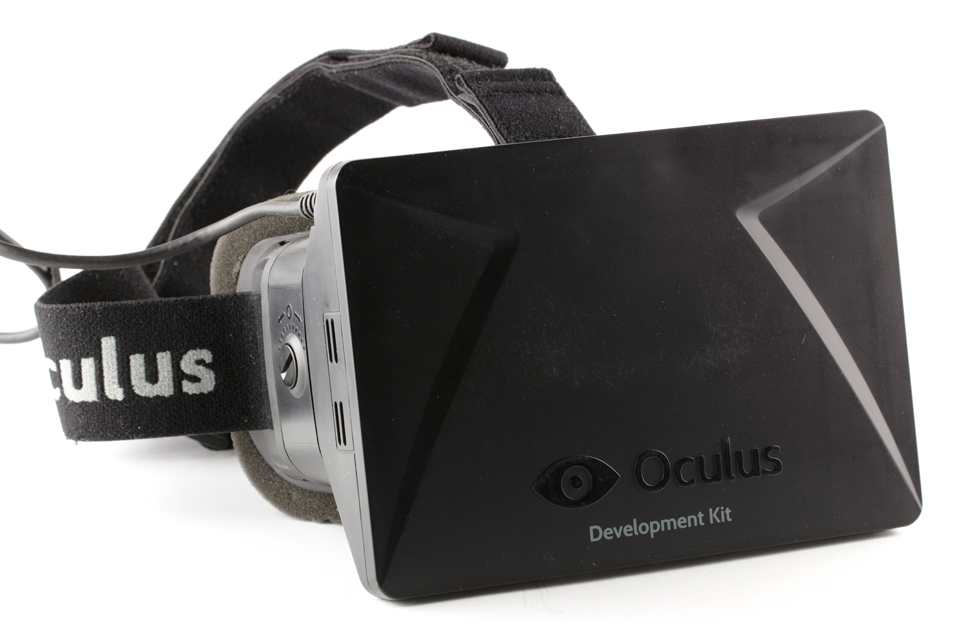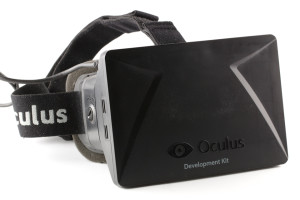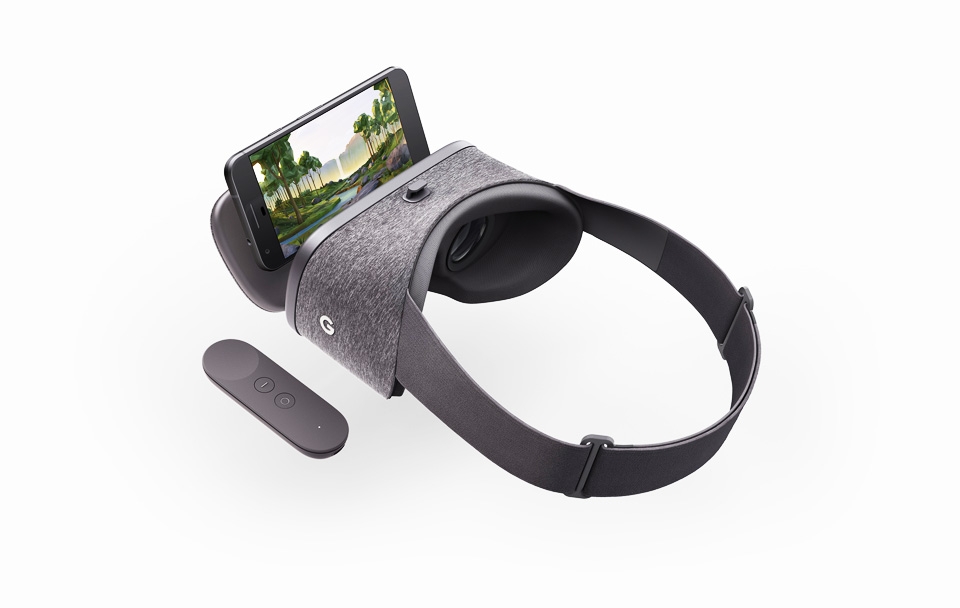
By Grant Stoner | The Duquesne Duke

The Oculus Rift was originally planned to sell for $300, but its price was increased to $600, drawing doubts from gamers. Cheaper alternatives, such as the Gear VR, have also been released.
The science-fiction genre explores some of our biggest fantasies. Starfighters battling in space, encounters with strange and ancient alien races and the ability to enter virtual realities captivate us in theaters, video games and books. Now, thanks to a single individual, one of our fantasies has become a reality.
In 2012 at the young age of 19, Palmer Luckey set out to develop an immersive gaming experience. Working in his parents’ garage, he created a prototype headset allowing gamers to enter their favorite worlds, but on a much more personal level. Dubbed the Oculus Rift, Luckey’s invention became the catalyst for a movement that is taking the gaming world by storm.
Now with the release date quickly approaching, people are beginning to wonder if the headset is worth the $600 sticker price, far from the approximate $300 price Luckey originally decided upon.
Naturally, many gamers strongly opposed the increase in price by taking to forums and social media. But rather than appease to the masses, Luckey defended his decision.
According to an interview with businessinsider.com, the virtual reality developer seemed to shrug off the disapproving comments entirely.
“It’s also worth noting that there’s a difference in reaction to the price between people who are buying it and people who aren’t,” Luckey states.
Unfortunately for Luckey, the increase in price is not the only form of criticism that he has received.
In 2014, social media mogul and head of Facebook, Mark Zuckerberg, posted an announcement on his site that explained the acquisition of the Oculus Rift. Following a deal that totaled $2 billion, the virtual reality headset was now under the ownership of Facebook.
However, rather than celebrate the deal, many gamers took to the Internet to voice their disapproval and concerns.
According to an article on Kotaku.com, the majority of opinions were not supportive in the least.
“People can’t help but think about how Facebook handles user data/personal information, how much Facebook loves advertisements, and about its social games all of which make it hard for some to have faith in how things will turn out for the Oculus,” writes editor Patricia Hernandez.
However, if $600, as well as the inclusion of a social media giant, is disheartening, then there are other options for people to explore.
Partnering with Samsung, the developers of the Oculus Rift have created a virtual reality headset which is compatible with recent iterations of the Samsung smartphone. Titled the Gear VR, this $99 headset acts as an entry-level piece for those who are interested with the concept of virtual reality. By locking in your smartphone with the device, users can view images and watch videos, experiencing what it would be like to utilize a variation of the Oculus Rift on a smaller scale.
Also looking to expand into the virtual reality market, Sony is offering a headset which is compatible with the PlayStation 4. The PlayStation VR is solely designed for gaming, with Sony even releasing titles which are only playable with the headset. “Until Dawn: Rush of Blood,” “Robinson: The Journey,” and “Tekken 7” are just some of the games available for PlayStation VR. Gamers can look forward to playing with the headset when it releases sometime this year.
While the concept of virtual reality has existed for years, the capability for the public to acquire this new technology is within reach. Whether you’re interested in the Oculus Rift, the Gear VR or Playstation VR, each headset offers a unique and exciting experience. It’s hard to imagine where technology will take us next.
The Oculus Rift is planned to hit store-shelves in April 2016.




